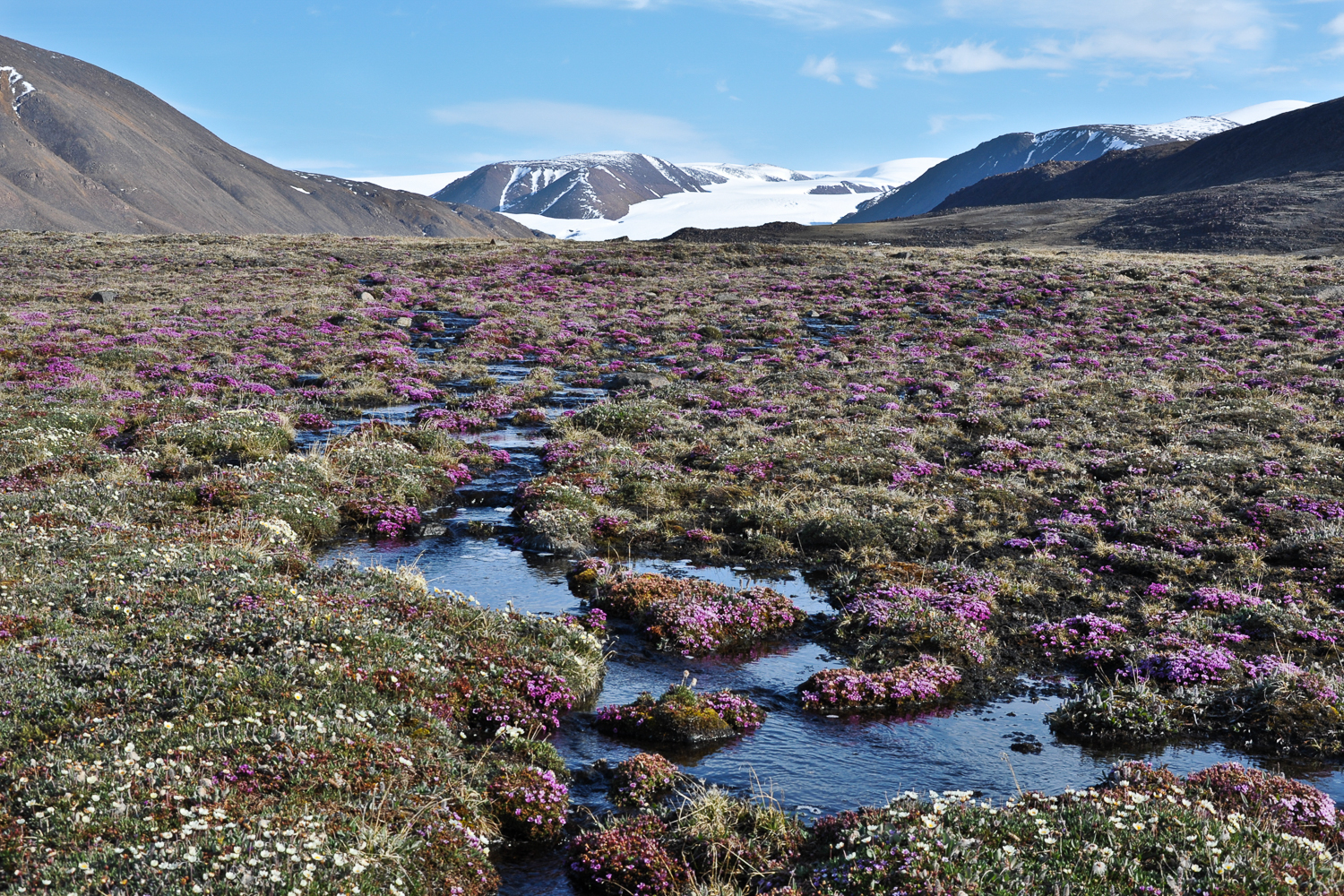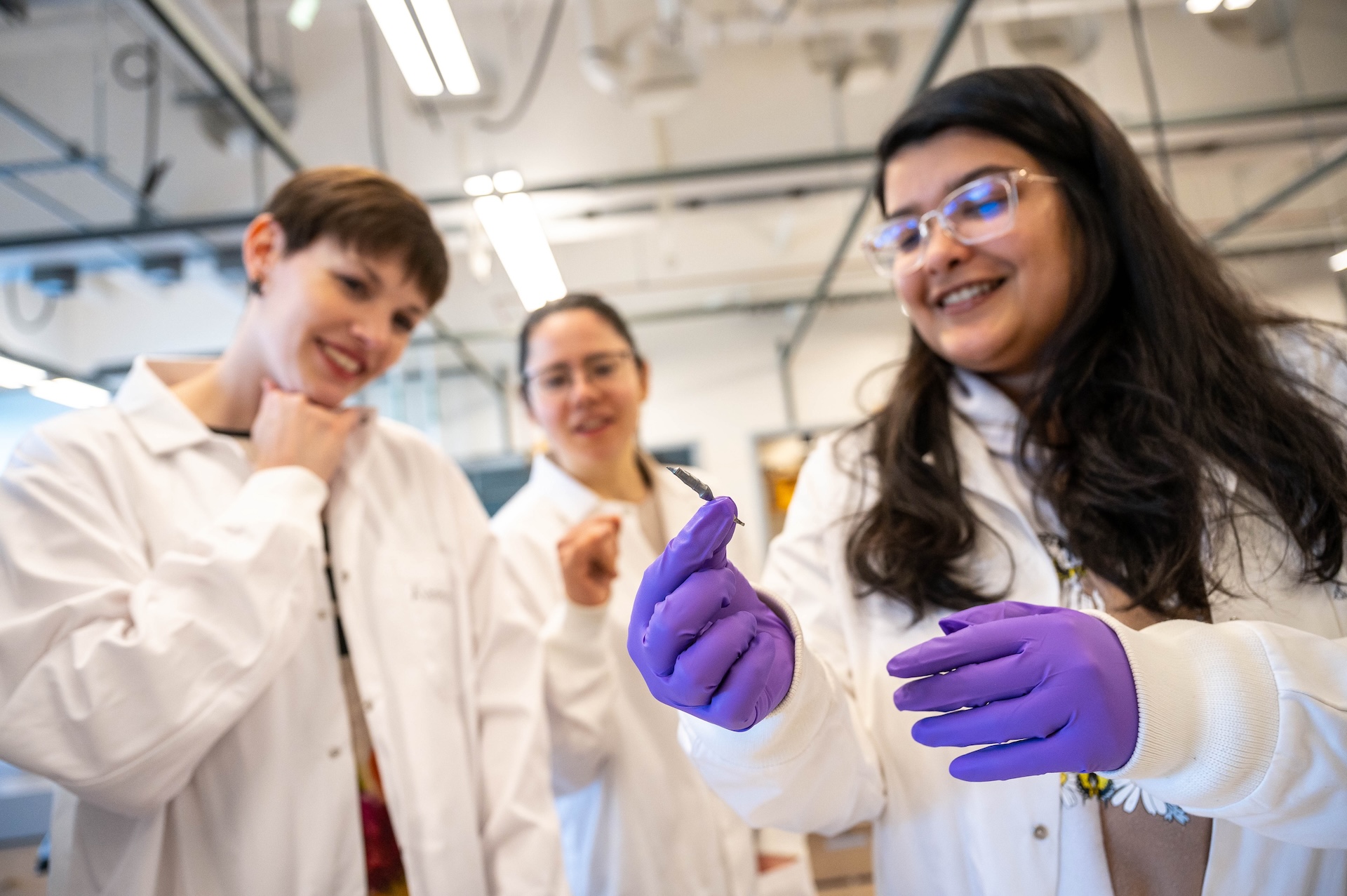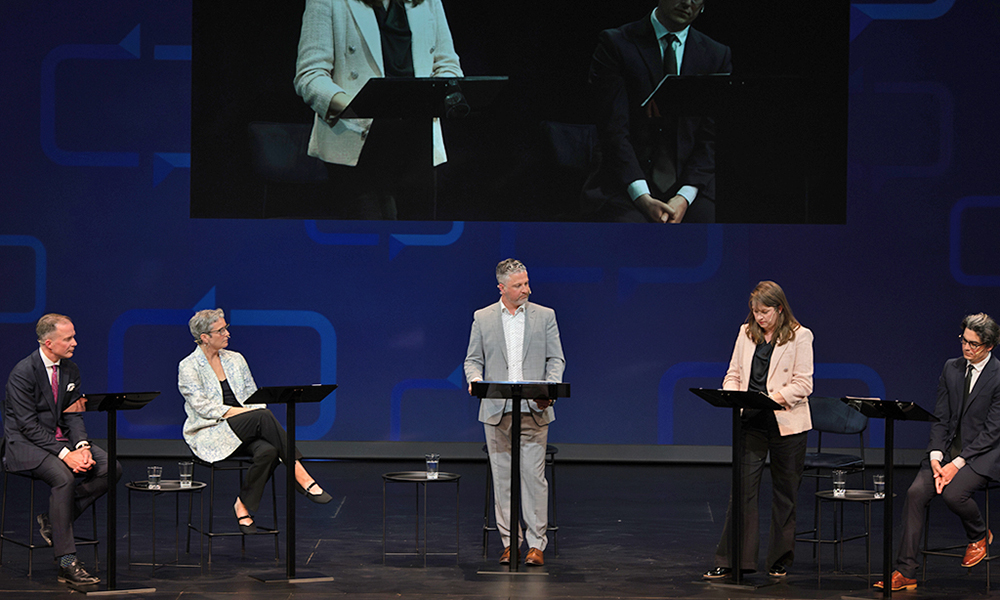Science & Technology
-

Will space stations have enough ‘lifeboats’ for tourists?
UBC researcher Dr. Aaron Boley discusses just how ready we are for space tourism.
-
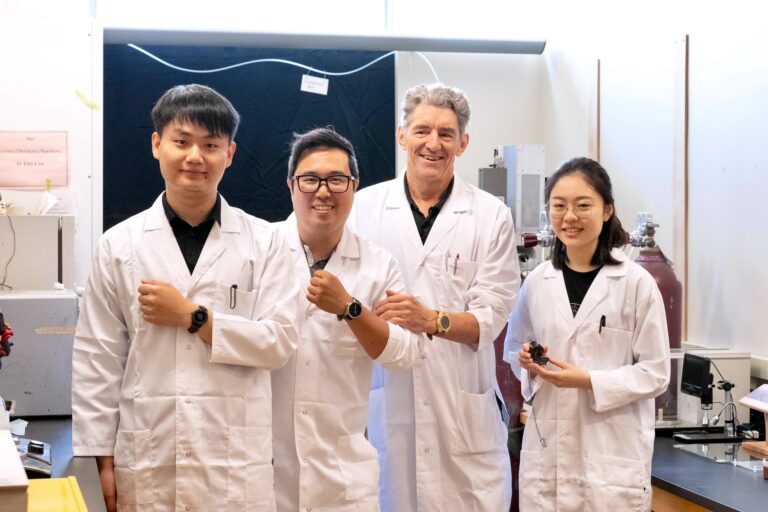
UBC super-black wood can improve telescopes, optical devices and consumer goods
By sheer accident, UBC researchers created a new super-black material that absorbs almost all light and trademarked it as Nxylon.
-
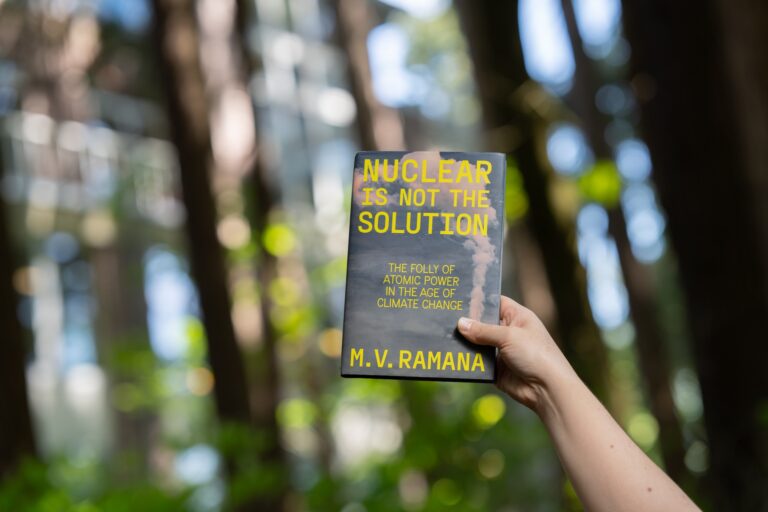
Why nuclear energy is not the solution to the climate crisis
In this Q&A, Dr. M.V. Ramana discusses key insights from his new book and why nuclear power does not help mitigate climate change.
-
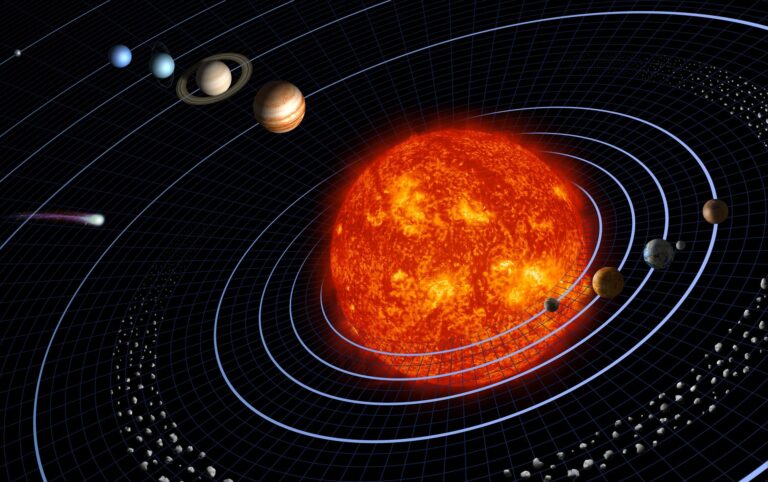
What exactly is a planet? Scientists propose improved definition
A new proposal refines current definitions that require planets to be round bodies which orbit our sun and have ‘cleared’ their neighbourhoods
-
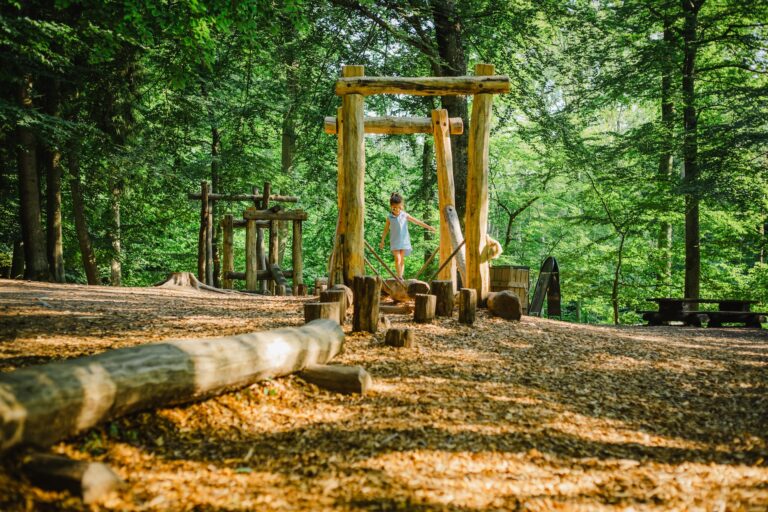
Keep outdoor play spaces cool: the best trees, shrubs and plants for shade
Susan Herrington, a professor at UBC and landscape architect, offers solutions to protect children from scorching sun and intense heat during outdoor play.
-
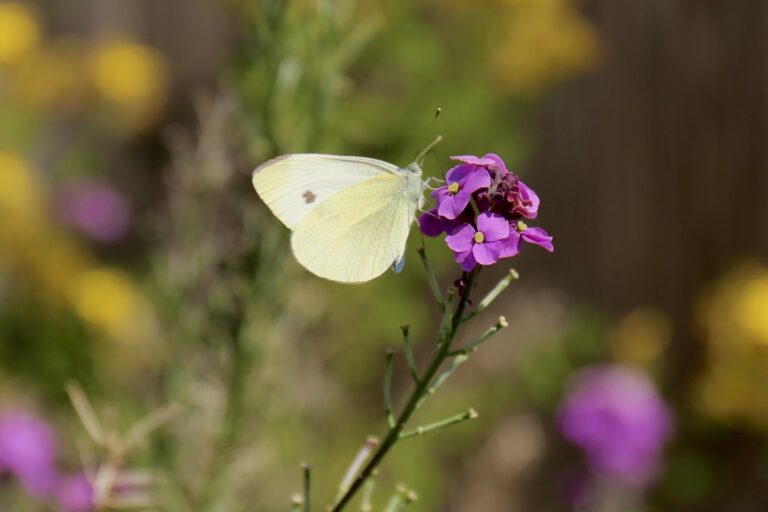
The mystery of the missing butterflies in Vancouver
Dr. Michelle Tseng, botany and zoology professor, discusses what may have happened to all the butterflies, and what we can do to help.
-
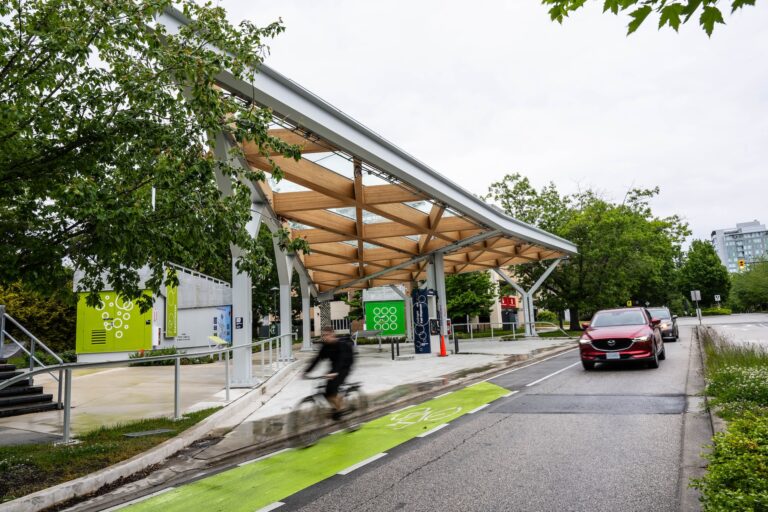
New UBC research facility accelerates innovation in B.C.’s hydrogen energy sector
$23-million Smart Hydrogen Energy District shows viability of integrated energy systems.
-
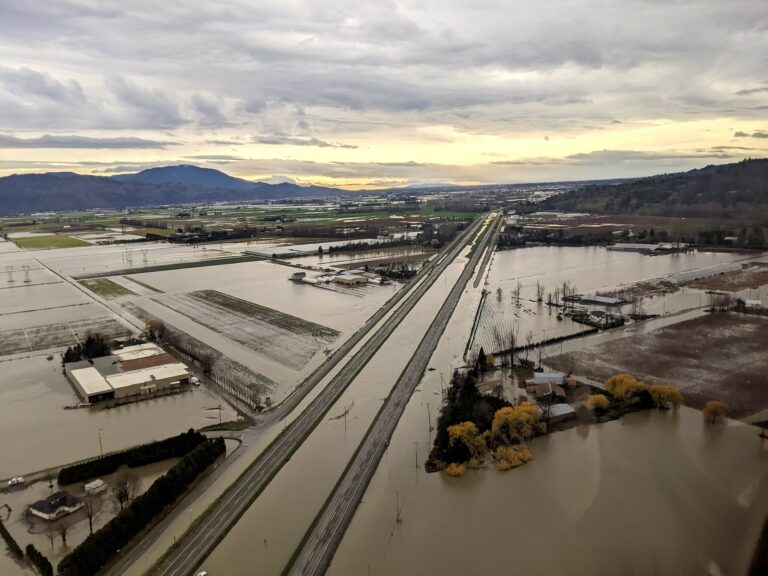
Researchers call for return of Sumas Lake following devastating 2021 floods
A new proposal has emerged in response to the November 2021 floods that swept Sumas Prairie in the Fraser Valley, causing mass evacuations and millions in damages.
-
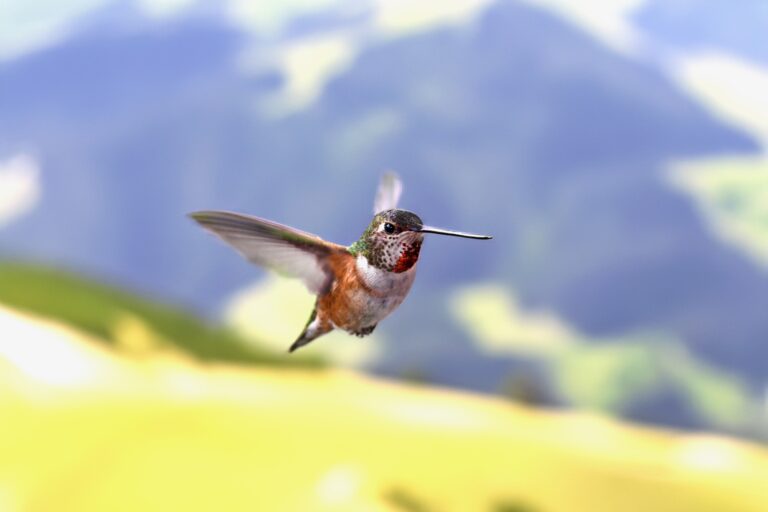
Hummingbirds have feelings too: an acute sense of touch that could help them hover
The study could help show just how hummingbirds perform their signature hover near the flowers they feed on, as well as inform animal welfare and future touch technology for humans.

